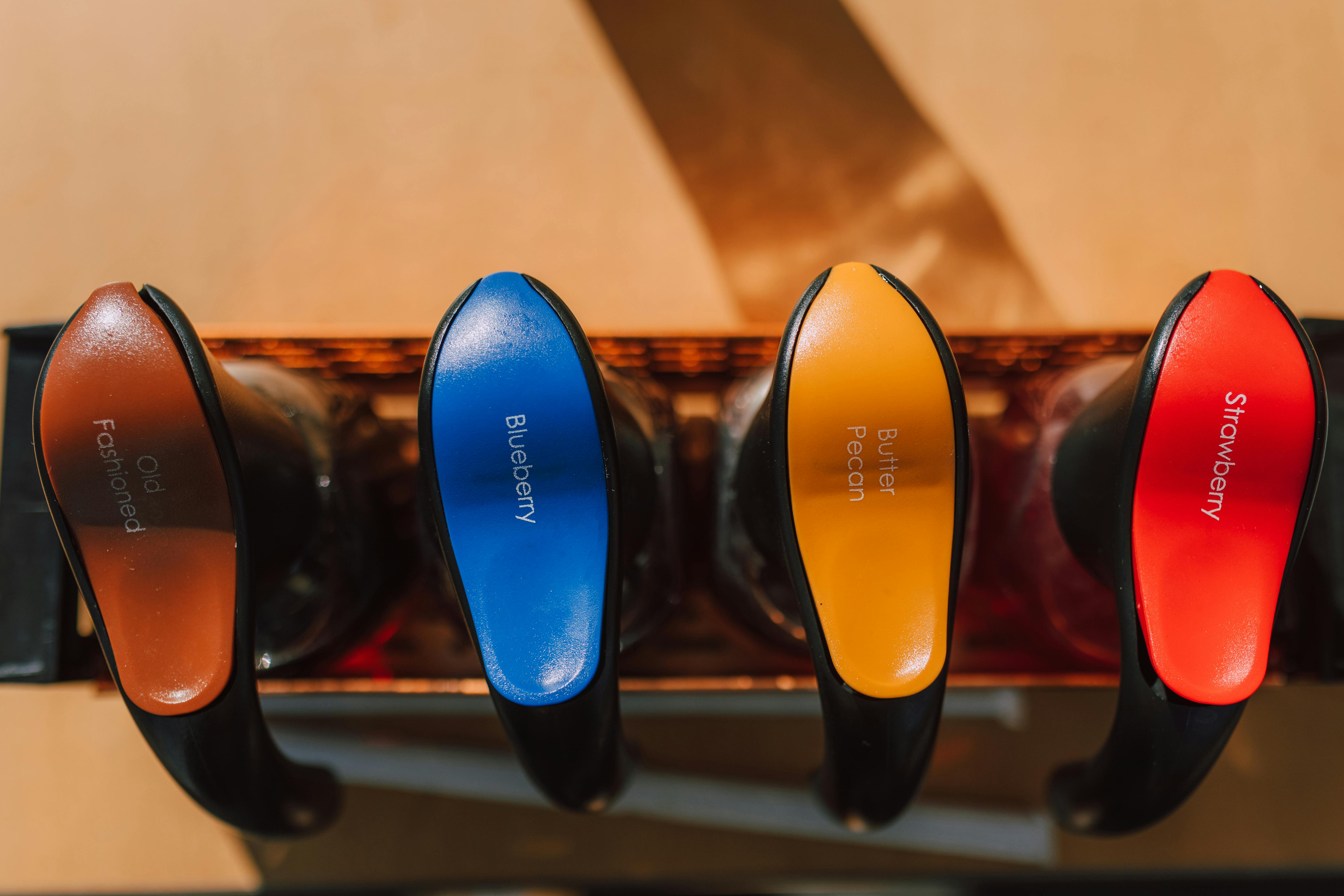People suffering from low vision should not lose hope, as laser eye surgery is now available to correct eye-related defects and provide clear vision in the shortest time possible. Since the success rate of this surgery is very high, it has now become the most sought after vision correction procedure in the world.
In case you are contemplating having laser eye surgery, here is a summary of the basic facts you need to know before deciding to have one.
Select the right surgeon
When you are planning to have laser eye surgery, make sure you have selected the right surgeon. A well-qualified and experienced surgeon has the ability to handle even the most complex case with the utmost care. So, do a thorough research and then select a trained doctor for your treatment. You can also ask about costs and other medical procedures during the consultation period.
Before laser surgery
Before proceeding with the surgery, your doctor will first perform a complete eye test to make sure if you are eligible for treatment or not. It will evaluate everything from the shape and thickness of the cornea to the size of the pupil, refractive errors such as nearsightedness, farsightedness or astigmatism, and other flaws in your eye. Apart from these problems, the moisture of the eyes is also checked. Depending on the level of your dry eyes, he may also recommend some precautionary treatments.
Regarding the general health history, he will prescribe medications, in case there are any complications.
During surgery
Your surgeon will use a mechanical tool known as a microkeratome or femtosecond laser to create a small, circular, thin flap in the cornea. By bending this flap, you will have access to the cornea. With the help of an excimer laser, it will remove the corneal tissue. The next step is to reshape the cornea. This happens when your advanced laser tool uses a cool UV beam. This will remove microscopic amounts of tissue from the cornea.
For people suffering from myopia, it is necessary to flatten the cornea, while for people who suffer from farsightedness, a steeper cornea is needed. Once the surgeon can reshape the cornea, the flap is put back into place where it heals naturally.
The good news for this procedure is that there are no stitches or bandages. A few drops of anesthesia are sufficient to complete the procedure successfully.
After lasik surgery
Your doctor will recommend that you get some rest. Although you may feel itchy or burning sensation, this will definitely fade over time. Right after surgery, you may also be advised to go home.
There are times when people run into problems like blurred vision and haze, but generally, clarity returns the next day. In case a serious problem with your eye persists, do not neglect it. Contact your surgeon and solve the problem without a second thought.
